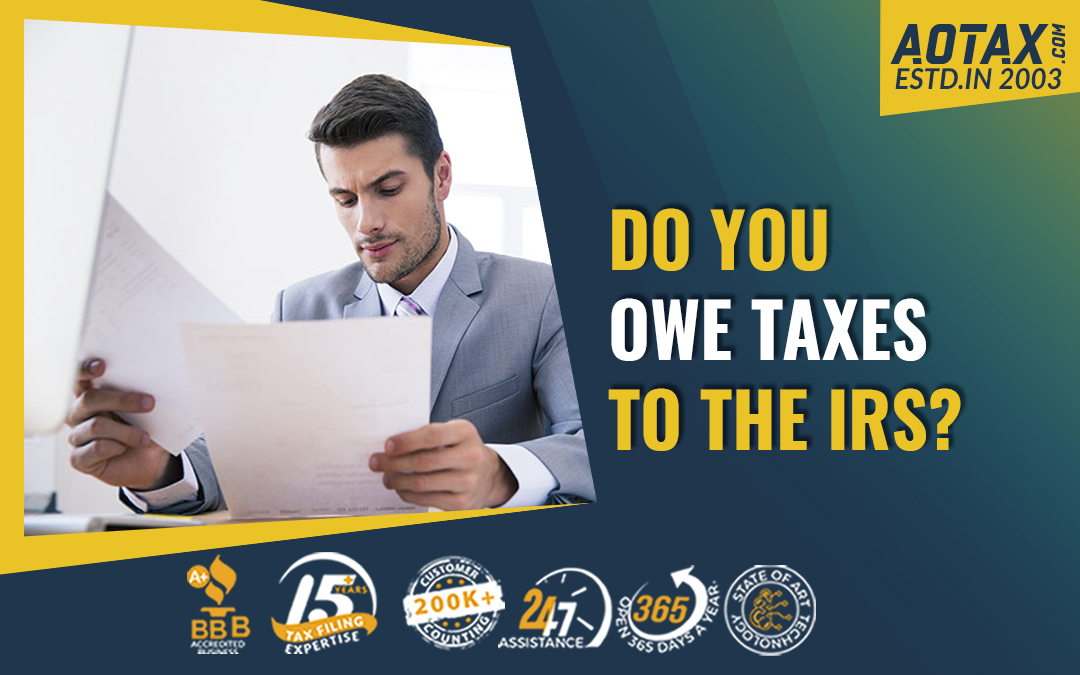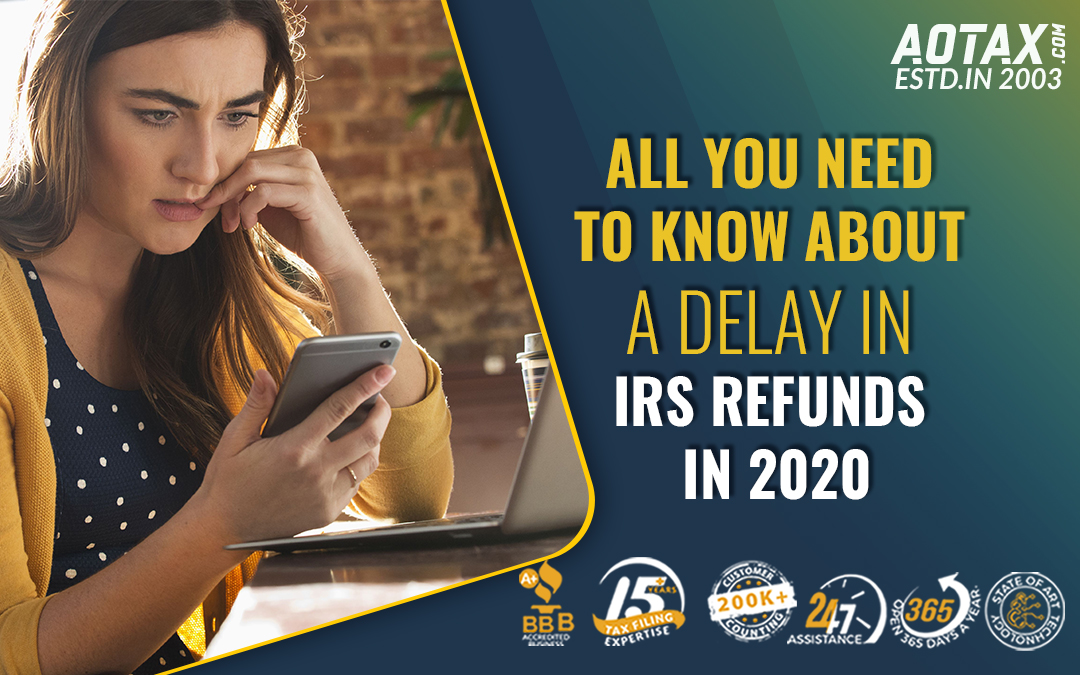
Do you owe taxes to the IRS?
Do you owe taxes to the IRS?
There can be scenarios when you realize that you owe taxes to the IRS after you have finished your tax returns or you owe more than what you can afford at the moment. However, you should not panic in such circumstances and must try to find out options by which you can pay off your taxes.
In the first place, you must find out how much tax you owe to the IRS.
How much do I owe to the IRS?
You can use the tax refund calculators to find out about the tax you owe to the IRS. By the time you complete your tax refund, you would know exactly how much you owe to the IRS. You must check out all the deductions and credits carefully which you think you are qualified for. Moreover, you can compare your tax returns of the previous year with that of this year and find out about the changes. However, if you are obtaining a mail from IRS about back taxes then you can further investigate it by checking with the IRS.
File an extension
You can file an extension to complete your tax return by submission of Form 4868 to the IRS. You can check out for any deductions you might have missed or any miscalculations which you might have made while filing your tax returns. It is advisable to take assistance from an experienced tax professional to find out any deduction or credit which you might have missed. You should try and submit your Form 4868 by the deadline based on whatever you think you owe. You must try to pay as much as you can otherwise you might accrue penalties and interest.
Options for payment
Your payment to the IRS can be done by the below-mentioned methods.
The Electronic Federal Tax Payment System – This system is being operated by the Treasury Department to process the federal tax payments. You must set up your account by using your bank account information and then make your payments. Payments can be made related to different tax obligations such as estimated tax, extension payments, tax balances for previous years, etc.
IRS Direct Pay – You can pay your tax bills directly from either a savings account or a checking account by using Direct Pay. By Direct Pay, taxpayers would be able to schedule tax payments up to 30 days in advance. Payment can be canceled or changed before two business days of the scheduled date.
Credit cards or Debit cards – You can make your tax payments by using credit or debit cards, phone, or by any mobile devices. These payments would be processed by a processor and convenience fees would be charged by the processor. You can download the official mobile app of the IRS i.e. IRS2Go and make your payments conveniently.
US Postal Services – This is the conventional means of making tax payments. You can send your money to the IRS in an old-fashioned manner by mailing the payment check.
Minimizing penalties and interest
Huge tax bills can be troublesome and if you have penalties/interest on top of the original amount, then it would add to your hardships. So, you can minimize these penalties and interest can be minimized in the below-mentioned ways:-
Exceptions to the underpayment of tax penalties – In case you have underpaid your tax this year but you owed substantially less tax the previous year, then you would not be paying penalty for the underpayment.
Abatement of penalties – You can write a letter to the IRS and explain your situation. This can lead the IRS to reduce your penalties or interest.
Pay quickly – If you owe to pay tax to the IRS, then you should not wait until the deadline to file your tax returns. You can send an estimated tax payment or file your tax returns early and pay as much as you can.
What can I do if I can’t pay my taxes?
In case, you are not able to pay your federal tax immediately, there are certain options provided by the IRS which you can use to make your tax payments systematically.
Installment Agreement – You can file Form 9465 which is known as the “Installment Agreement Request” to set up installment payments with the IRS. The installment agreement form can be completed online by using the Online Payment Agreement Tool.
- If you owe $50,000 or less in the form of combined tax, penalties, and interest and have filed all required returns, you can apply for the Monthly installment agreement online.
- Businesses can also apply for this online if they owe $25,000 or less in combined tax, penalties, and interest for the current year or the liabilities of the last year and have filed all required returns.
Offer in Compromise – This method should be used as an extreme last resort. IRS would negotiate back taxes by Offer in Compromise and your tax bills can be settled in less than what you owe.
Conclusion
Hence, these are some basic tips and steps which you must follow if you owe taxes to the IRS for easier and faster resolution of your tax-related issues.





Recent Comments